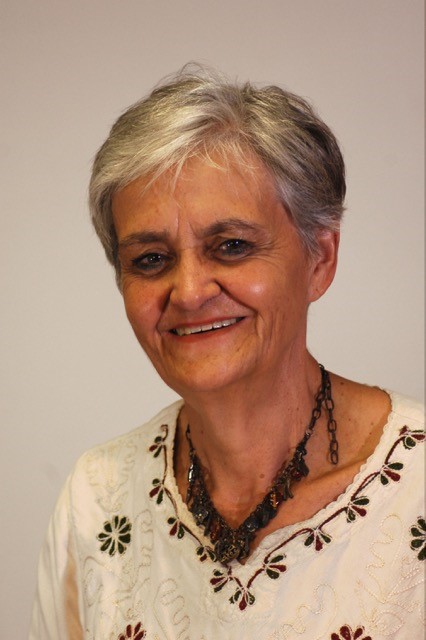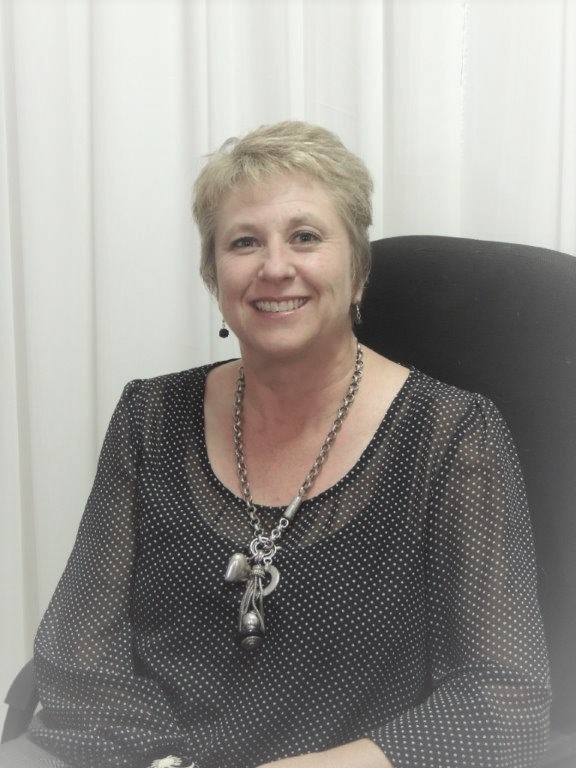Across the world the Covid-19 pandemic has changed our assumptive worlds drastically, yet life continues to happen. Babies are born, people develop health conditions that are not related to Covid-19, others reach milestone birthdays, while others die.
Dr Nelia Drenth and Prof Alida Herbst of the NWU’s School of Psychosocial Health say that the ways in which we respond to these instances of life and death have changed too.
Grandparents are now not allowed in hospitals where a new grandchild has been born. Loved ones receiving medical treatment such as chemotherapy for cancer have compromised immune systems and face intense isolation practices. There are no, or limited, visits to an elderly father or mother in hospital following a heart attack or stroke. Birthday celebrations have changed into intimate family events with those in the immediate household as the only guests. Death rituals, mourning and funerals have a totally changed face.
A compromised sense of safety
“We all anticipated that our worlds will be very different during and post-Covid-19, but how much different was difficult to visualise.” They say uncertainty has become the primary reality. Uncertainty about many things that we can categorise as losses: financial constraints, changes in health, social distancing that speaks to our attachments, no schooling, no students in large university lecture halls, no exercising on sports fields and in gymnasiums, limited entertainment …
“Overall, our sense of safety is compromised by Covid-19. Many of us are literally stuck in a series of losses: loss of income, social connections, health, dignity, status, possessions, activities and, in some cases, the death of a loved one – to name but a few.”
They say that, simply defined, loss occurs when someone or something we are attached to goes missing from our lives. Loss and grief are companions – almost like salt and pepper. Grief is a result of loss and includes losses due to death and to non-death.
Dealing with death
Death-related loss during the Covid-19 pandemic can have lasting effects that can potentially turn into complicated or prolonged grief when risk factors such as multiple losses, mode of death, lack of support and deviation from cultural and religious practices relating to death and funerals are taken into consideration.
“Social distancing does not allow us to be with a dying person, to participate in traditional wake ceremonies or to attend funerals like we used to. Without these traditional mourning rituals, it can seem as if a loved one has simply vanished. Someone who lost her husband recently said: ‘It feels as if someone just cut him off with a pair of scissors’. We are not able to mourn according to our customary rituals and we are forced to find alternative rituals amidst our sorrow.”
Every loss is an individual experience, although there are universal commonalities. Every grief reaction is uniquely related to the type of loss, the character of the person who grieves, and the situation in which one finds oneself during and after the loss.
So what can we do in terms of general losses associated with Covid-19 and lockdown?
- Validate the extent of the loss. Speak more openly and do not hide behind work, binge watching television or boredom. Listen to the other members in the household and create opportunities to talk about the effect of Covid-19 on everyone.
- It is imperative to take time for yourself and have a breather when you are not taking care of someone else.
- Assist with and allow family members to create and develop rituals to manage the impact of the lockdown. Maintain cyber connections to celebrate important events such as birthdays and other anniversaries.
- Keep your support system with those in your own household and those far away intact through social media.
Some ideas for grieving the death of a loved one during Covid-19 and lockdown
- Allow yourself and others to express emotions relating to loss and grief in your unique ways. Listen more and talk less.
- Consult with faith leaders and funeral directors about the live streaming or video recording of memorial services and burials to include family and friends in these important grief rituals.
- Allow and encourage young children to draw or write letters to a deceased loved one and let them send these to “heaven” with balloons.
- Create virtual wake ceremonies or prayer groups via WhatsApp or other digital communication media.
- Set up a “mourning corner” in the house with a picture of the deceased where members of the household can have time alone to grieve.
- Create a “memory corner” in the house or garden.
- Let everyone in the household contribute towards a hard-copy or digital photo album/scrapbook in memory of the deceased.
- Keep a blog/journal to write down thoughts and feelings.
- Make use of social media to keep in touch with family and friends. Send voice notes from time to time – it is great to hear someone’s voice and not only see words or pictures in text messages.
- Continue to look for messages of hope, offering reassurance that feelings associated with loss and grief are normal responses to abnormal or unusual circumstances.
-
For more information, contact prof Alida Herbst at 083 708 4242 or at alida.herbst@nwu.ac.za.

Dr Nelia Drenth is an extraordinary senior lecturer in the School of Psychosocial Health at the NWU and a social worker in private practice, specialising in trauma and bereavement counselling.

Prof Alida Herbst is the director of the School of Psychosocial Health at the NWU and a social worker with vast experience in trauma and bereavement counselling and research.
